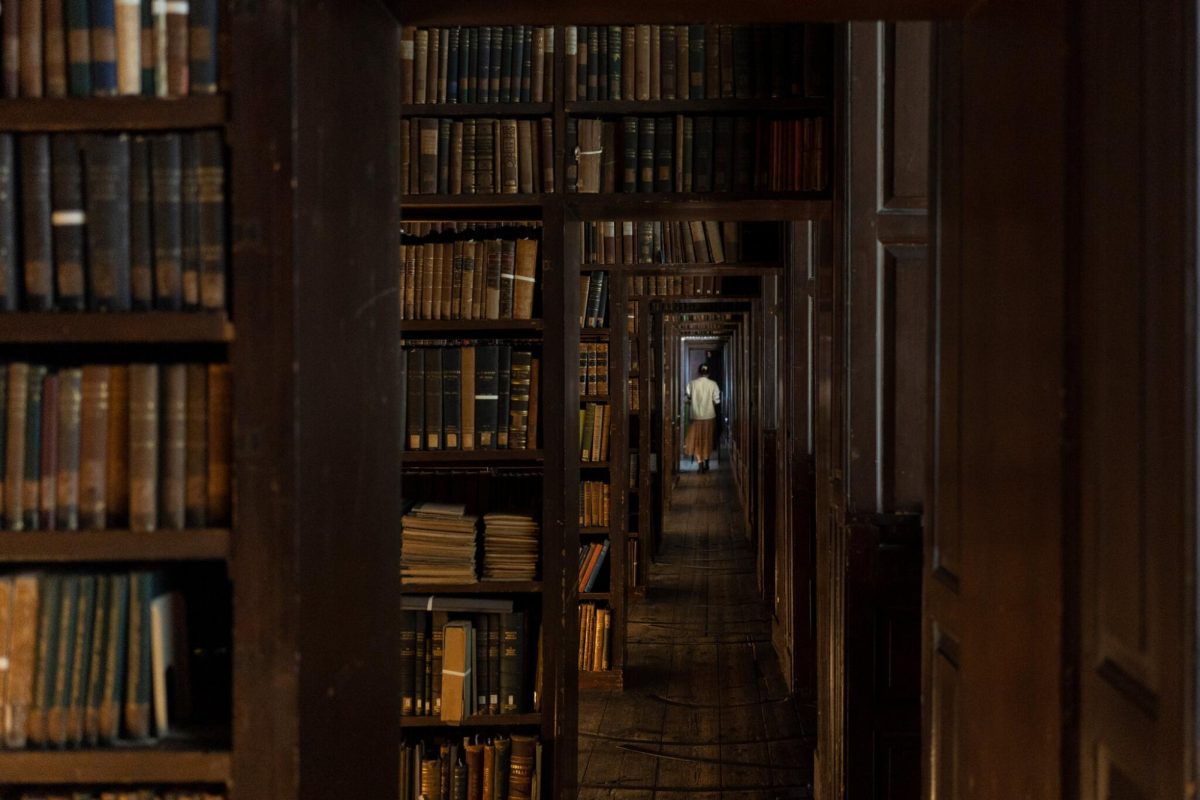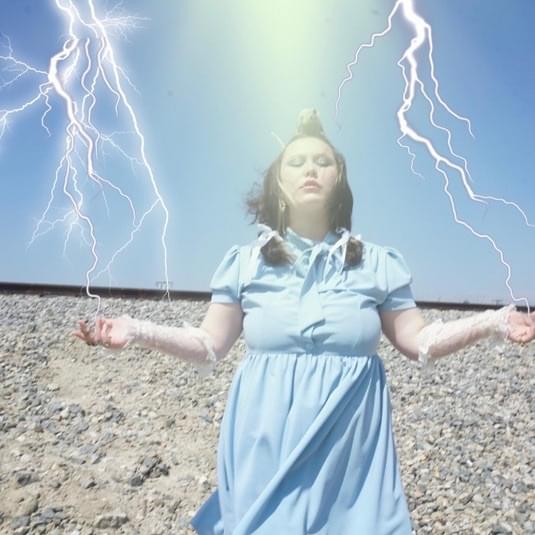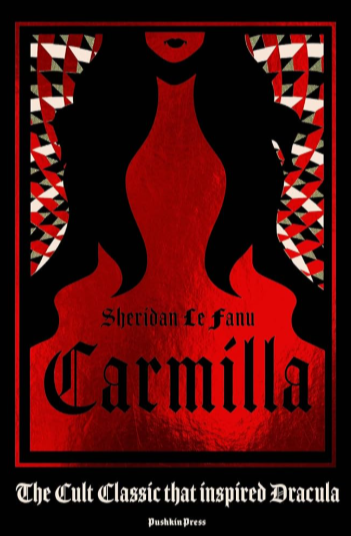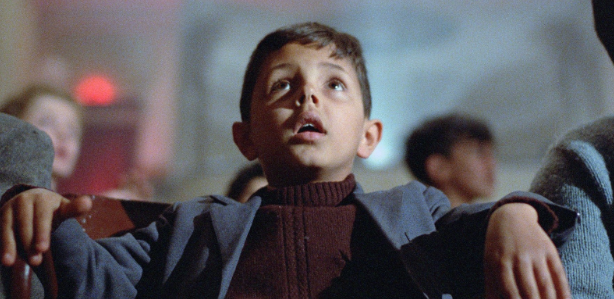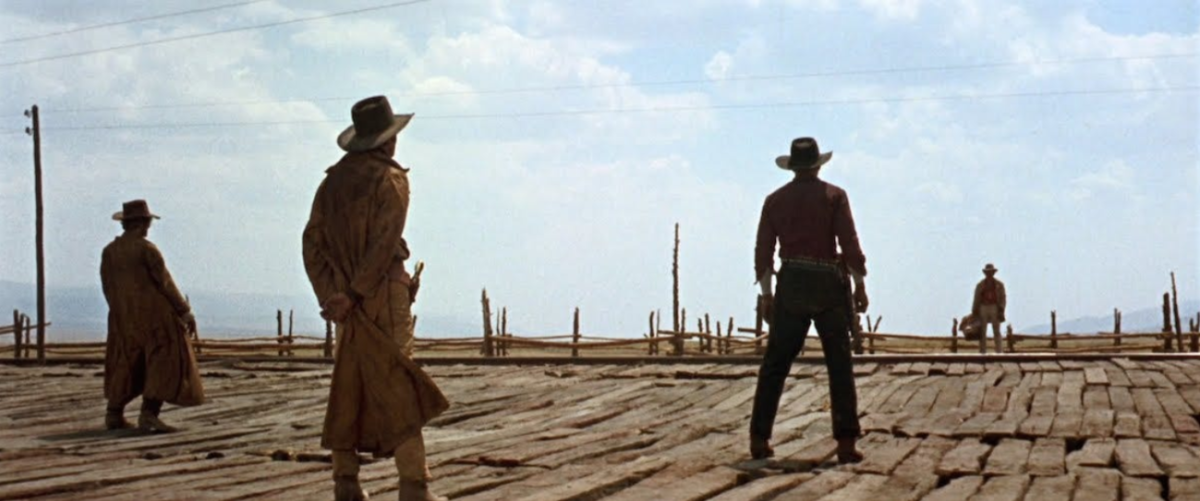As the weather has become more pleasant in the arrival of spring, my reading habits as of late have taken a scholarly, slightly murderous turn. Darker, and more academic, if you will. Though I have been a casual fan of the internet subculture and aesthetic known as “dark academia” since its rise in popularity during the Covid-19 pandemic, it has been only recently that I have read the majority of the most popular books so essential to the genre.
Essentially, the “dark academia” aesthetic is characterized by a romanticization of university life, learning, literature, and gothic architecture. The main following of the aesthetic exists on social media platforms Pinterest, Tumblr, and TikTok, in which users post photos and videos of black coffee, collared shirts, typewriters, chess games, candlesticks, and an absurd number of books, with most visuals consisting of black, white, and sepia shades. Every so often a quote by the likes of Oscar Wilde or Shakespear will appear in calligraphy, musing on topics of knowledge, love, obsession, or all three. The aesthetic seems to exist as an inspiration for many, an opportunity to glamorize the often ugly and frustrating but ultimately rewarding process of learning. It makes sense, then, that a subculture with such themes would possess a whole canon of literature essential to the aesthetic.
There seems to be two categories present within the subgenre of “dark academia” in fiction. The first usually portrays a group of students at an academic institution studying some archaic and complicated subject matter, to a point of dangerous obsession. The story is often told from the perspective of a naive, perhaps unreliable “outsider,” meant to represent us readers as we journey into the strange, dangerous world of the narrator’s “friends.” Perhaps a mentor will materialize occasionally to instruct the students, offering scholarly wisdom, questionable advice, and just the right amount of perceived obliviousness to keep the story free of too many competent and involved authority figures. There may be some opportunity for critique of elitism and classism within the story’s setting, in varying degrees of self-awareness within the narrative itself. There will probably be at least a little bit of murder. Examples of such books that I have read include The Secret History by Donna Tartt, Babel by R.F. Kuang, If We Were Villains by M.L. Rio, and Ninth House by Leigh Bardugo.
The Secret History is the most well-known book in this category, as it is also the oldest of the works listed, and widely considered the source material for the concept of “dark academia.” Many of the books published in more recent years under the “dark academia” umbrella are direct responses to the atmosphere and philosophies present in The Secret History. For example, the author of Babel (2022), R.F. Kuang has stated that her book was a “thematic response” to The Secret History, in its focus on the violent racism and colonialism academic institutions so crucial to “dark academia” were built on. While Tartt’s The Secret History is at times lovingly satirical towards its dark subject matter, Kuang demonstrates her criticism of Babel’s Oxford setting in such a deliberate manner her points almost seem heavy-handed.
The second category consists of mostly older works often referenced by the first category, and by the community itself. These novels and plays usually contain a well-curated atmosphere that is likely some combination of antique, academic, and gothic. This category is almost exclusively filled with extremely popular “classic” works, such as Frankenstein by Mary Shelley or Picture of Dorian Gray by Oscar Wilde. Stretching back even farther, classical literature such as The Iliad and The Odyssey by Homer and the work of Shakespeare often influence the themes, plot, and dialogue of the books within the first category. One similarity present in most of the books featured in any “dark academia” classics reading list, other than the list itself appearing suspiciously similar to those spotted on our high school syllabi, is the books’ authors. With a few exceptions, all of the writers belong to a group known as “Dead White Men,” or “DWM” for short. Because of this limited perspective, there often exists a limited worldview within these works regarding gender, race, and class divisions, resulting in many people feeling excluded from the “aesthetic” due to a palpable disconnection from the source material.
In all, it’s no surprise that the concept of “dark academia” and the popularity of related literature has soared in recent years, especially among young people. These days, it can feel like passion and inherent curiosity in the student body has become elusive on once thriving high school and college campuses. There are many reasons for the palpable shift in energy; some possibilities include decreased sense of connection due to social media, the isolating effect of Covid-19, and the general state of the world that leaves many adolescents feeling hopeless. This loss in the inherent thrill of learning creates a need for escapism that only literature involving handwritten letters, Latin classes, and excessive smoking habits seem to satisfy.
And it works. For me, at least. With the help of my “dark academia” Pinterest boards to guide me, I have been successful so far in squeezing the last ounces of enthusiasm for anything school-related out of my system to finish the academic year without tedious bouts of melancholy (mostly). In the meantime, before the end, I will buy another pair of Doc Martens and envision the sound of leaves crunching beneath them this fall, the shadow of my tragic flaw (“a morbid longing for the picturesque”) close behind me.

